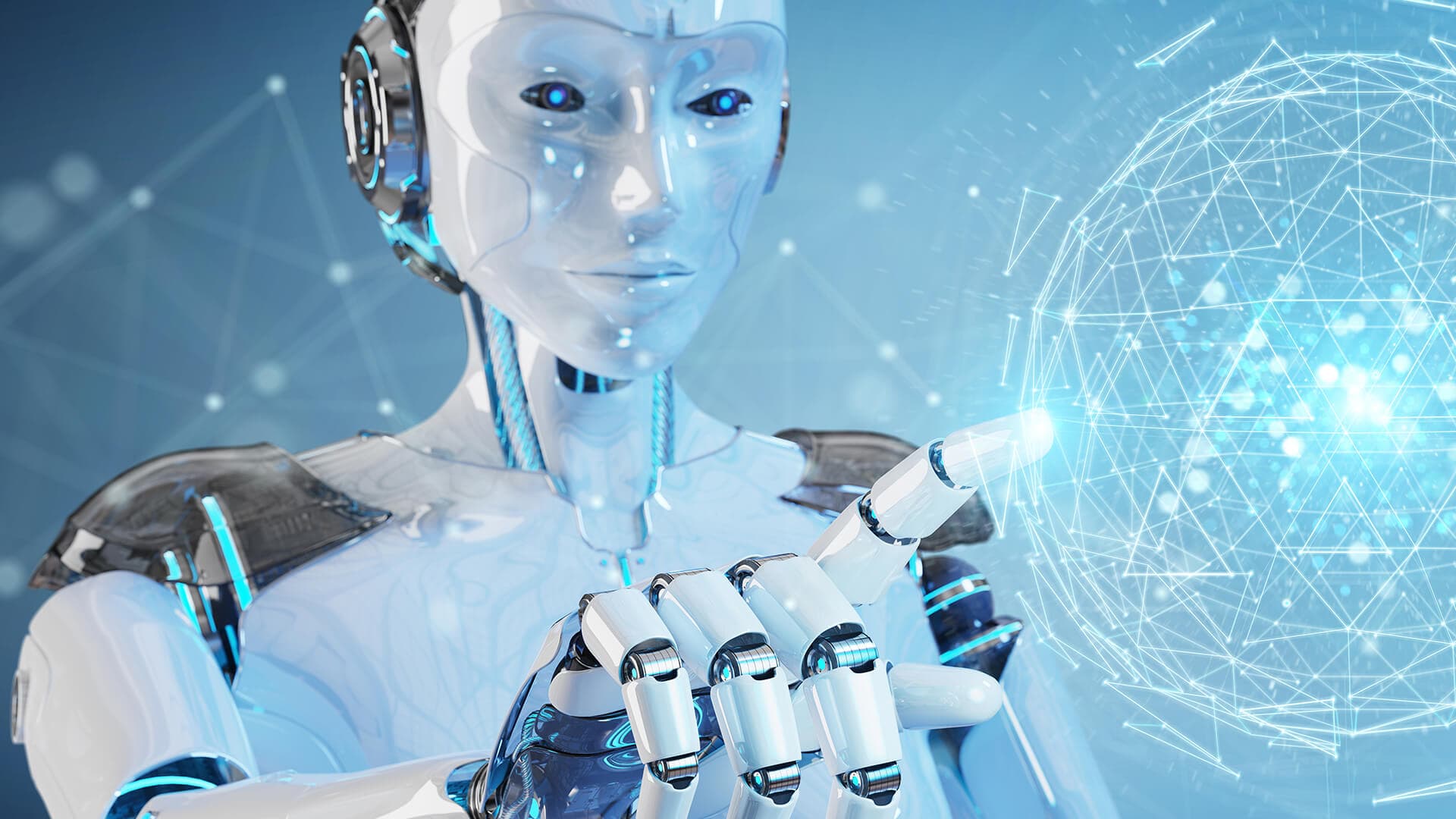Case Journeys
Exploring intriguing stories and insights from around the world.
Robots Are Taking Over—But In a Good Way!
Discover how robots are transforming our world for the better! Embrace the positive revolution and unlock new possibilities today!
How Robots Are Enhancing Our Daily Lives: A Closer Look
In recent years, robots have become an integral part of our daily lives, revolutionizing various sectors and improving efficiency in ways we never thought possible. From home automation systems that manage household tasks, to medical robots assisting in surgery, the enhancements brought by robotics are profoundly impacting our quality of life. For example, domestic robots like vacuum cleaners and lawn mowers have simplified routine chores, allowing individuals to focus on leisure or productivity, while industrial robots streamline manufacturing processes, enhancing output and safety.
Moreover, the integration of robots in fields such as education and customer service is generating new avenues for interaction and learning. Many schools are now incorporating educational robots in their curricula, which helps students develop critical thinking and problem-solving skills while making learning engaging and fun. In customer service, chatbots and virtual assistants are available 24/7, providing assistance and information, thereby enhancing customer experiences. As technology continues to evolve, the role of robots in our daily lives is expected to grow, creating more opportunities and challenges that we must navigate together.

The Future of Work: Embracing Automation for Productivity
As we look towards the future of work, it is clear that embracing automation will play a crucial role in enhancing productivity across various industries. Companies are increasingly integrating advanced technologies, such as artificial intelligence and machine learning, to streamline operations and reduce repetitive tasks. This transformation not only increases efficiency but also allows employees to focus on more strategic initiatives, fostering innovation and creativity within the workplace.
Moreover, the rise of automation is set to redefine job roles and create new opportunities. While concerns about job displacement exist, research indicates that automation can lead to the creation of higher-skilled positions that emphasize human creativity and problem-solving. As organizations adapt to these changes, it becomes imperative for employees to develop new skills and embrace continuous learning. In doing so, they will not only enhance their own career prospects but also contribute to an agile, resilient workforce poised to thrive in the future of work.
10 Surprising Ways Robots Are Improving Healthcare and Safety
As technology continues to advance, robots are playing an increasingly vital role in the healthcare sector. One surprising way they are improving patient care is through surgical assistance. Robots like the da Vinci Surgical System enable surgeons to perform minimally invasive procedures with enhanced precision. This not only reduces recovery times for patients but also minimizes the risks associated with traditional surgeries. Additionally, autonomous robots are assisting with medication delivery in hospitals, ensuring that patients receive their treatments on time, which can significantly improve outcomes.
In addition to surgical applications, robots are making a difference in mental health care. Therapy robots, designed to interact with patients, can help those suffering from conditions like anxiety and depression. These robots provide companionship and support, which can be especially beneficial for the elderly or those with limited social interactions. Moreover, robots are being utilized for safety monitoring in healthcare settings. For instance, robots equipped with sensors can detect fall risks for elderly patients, alerting staff in real-time and preventing potential injuries.